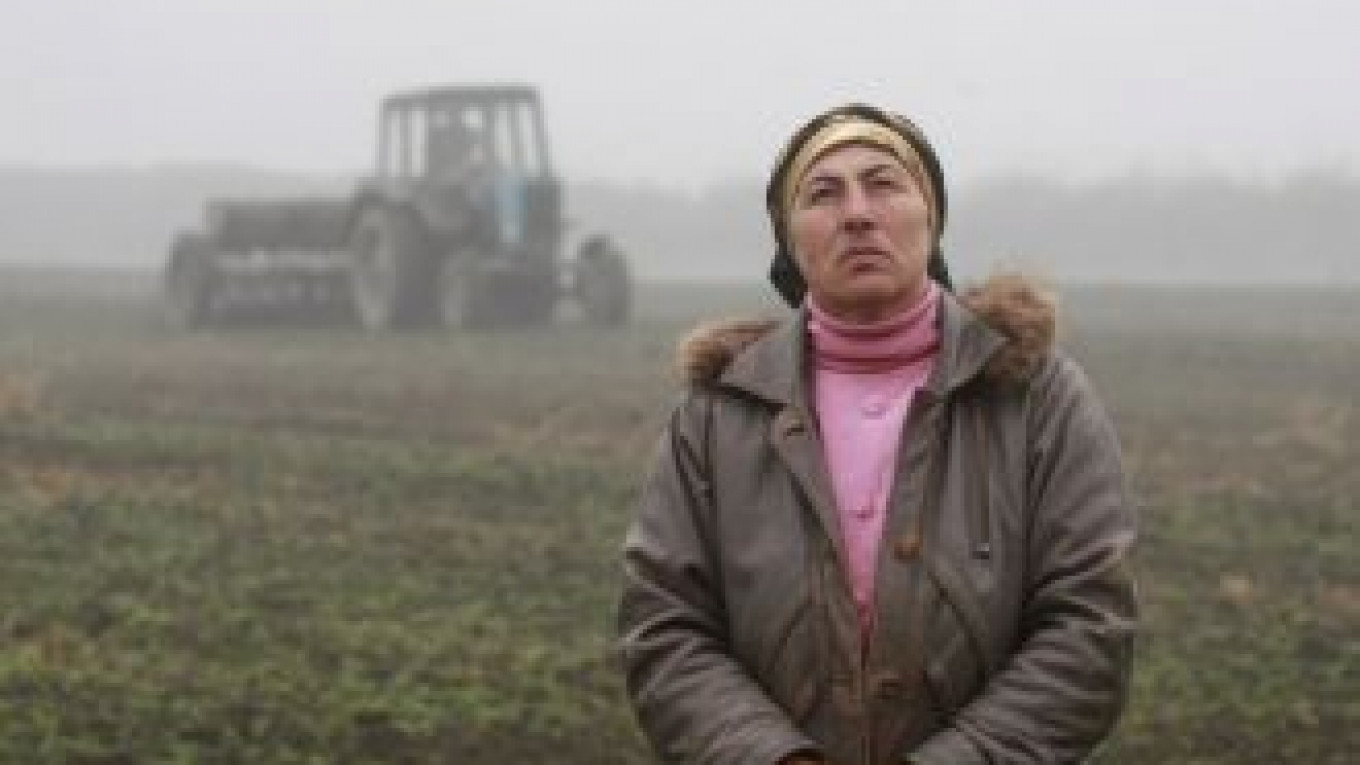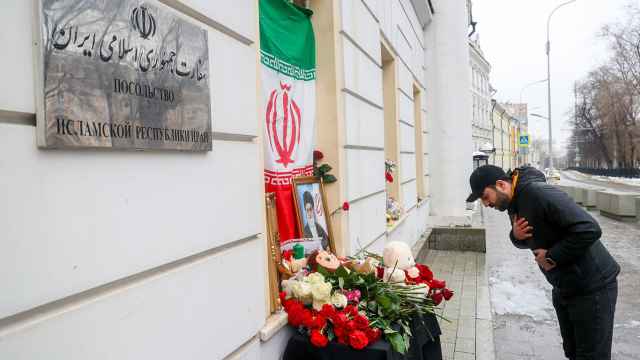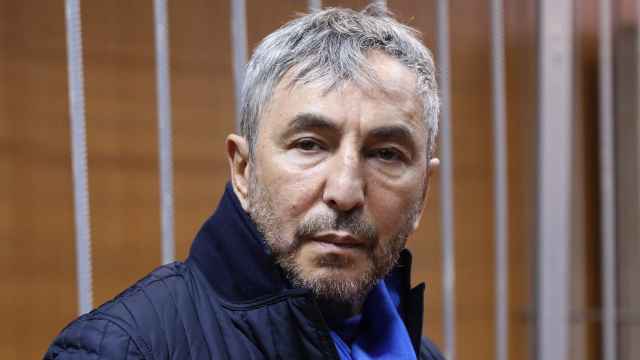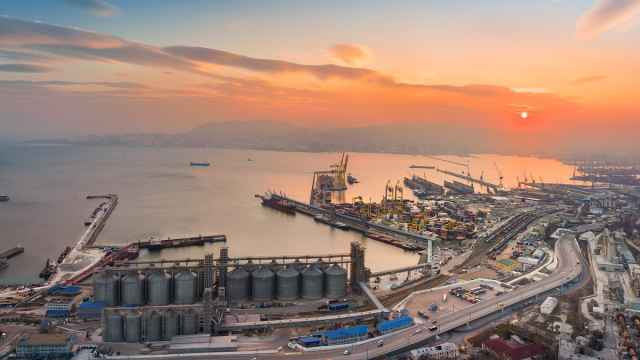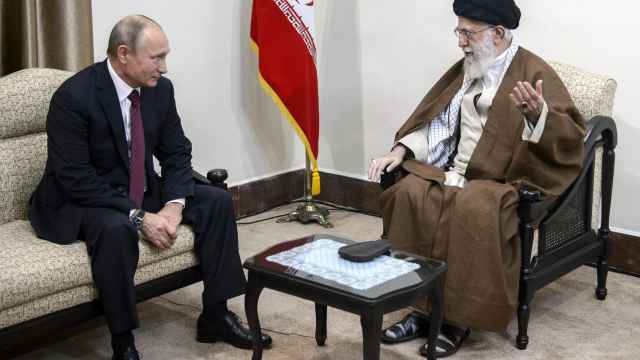The government will halve the quota on poultry imports next year and wants farmers to sow 25 percent more spring crops to meet the demand after a severe drought this past summer, First Deputy Prime Minister Viktor Zubkov said Tuesday.
The poultry quota will fall to 350,000 tons, despite earlier plans to set it at 600,000 tons, Zubkov told reporters, adding that the new volume of imports would be enough to meet the demand. The United States is Russia's largest foreign poultry supplier.
Russia has been steadily reducing the import quota in a bid to protect the rising domestic output of chicken meat, although imports tended to come in at a lower price.
Andrei Lisitsyn, director of the Gorbatov Meat Research Institute, did not find the sharp reduction in poultry imports alarming.
"We have a surplus of poultry," he said.
Poultry production rose 13 percent in the first nine months of the year, bringing total output to 2.9 million tons, Meat Union president Musheg Mamikonyan said last week.
Beef and pork production is also rising gradually, Lisitsyn noted. Zubkov said Tuesday that import quotas for these types of meat would stay the same next year, measuring 472,000 metric tons for pork, 530,000 tons for frozen beef and 30,000 tons for chilled beef.
Summing up the winter sowing season, the deputy prime minister noted that the area sown was 20 percent less than last year because winter sowing got off to a late start this year after being held back by the worst drought in at least a half century. To make up for the setback and meet the demand, the government wants spring sowing to cover 25 percent more land than this year, he said.
That may be easier said than done, however.
A recent poll by Zerno Online, an industry information portal, showed that 70 percent of respondents were unwilling to increase their spring sowing, the portal's editor Igor Vasilyev said.
He said the hinderance was psychological.
"They don't have enough faith in state support," Vasilyev said. "It sounds pretty on TV, but you face real chaos in the implementation."
Among factors undermining confidence, he mentioned corruption in the distribution of government aid money.
Zubkov announced Tuesday that agriculture would receive another $500 million in credit and aid at the beginning of next month. The state provided $667 million for agriculture in September and October.
Also, much of the fuel supplied under subsidies is either of poor quality or its price is artificially inflated before the discount is applied.
In addition, the ban on grain exports — running till July 1 next year — has a negative effect on production, he said.
"Export is a strong stimulus," Vasilyev said. "With all these uncertainties, no one has decided what they want to do."
A Message from The Moscow Times:
Dear readers,
We are facing unprecedented challenges. Russia's Prosecutor General's Office has designated The Moscow Times as an "undesirable" organization, criminalizing our work and putting our staff at risk of prosecution. This follows our earlier unjust labeling as a "foreign agent."
These actions are direct attempts to silence independent journalism in Russia. The authorities claim our work "discredits the decisions of the Russian leadership." We see things differently: we strive to provide accurate, unbiased reporting on Russia.
We, the journalists of The Moscow Times, refuse to be silenced. But to continue our work, we need your help.
Your support, no matter how small, makes a world of difference. If you can, please support us monthly starting from just $2. It's quick to set up, and every contribution makes a significant impact.
By supporting The Moscow Times, you're defending open, independent journalism in the face of repression. Thank you for standing with us.
Remind me later.


